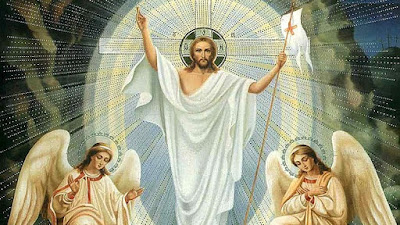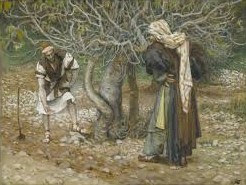A Lenten Bible Study: Genesis to Jesus Lesson One: Reading Scripture with the Church

From the Saint Paul Center for Catholic Biblical Theology , the following is a transcript of their Lenten Scripture study, Genesis to Jesus. Genesis to Jesus presents the whole sweep of salvation history, to help you make sense of the Bible. By the end of Lent, you'll understand the importance of Easter as the eighth day of creation in light of God's unified plan for our salvation. You may sign up to receive new video lessons [ here ] and buy related study materials. ____________________________________________________ Welcome to Genesis to Jesus part of the St. Paul Center’s Journey Through Scripture Bible Study. To many people, the Bible is simply a giant book that doesn’t make a lot of sense. And that’s a shame. Because actually it’s a beautiful story. In fact, it’s our story. It’s the story of where we come from, what went wrong, and God’s incredible, merciful plan to save us and make everything right again. Certainly, you could say that plan – that story – culminat

